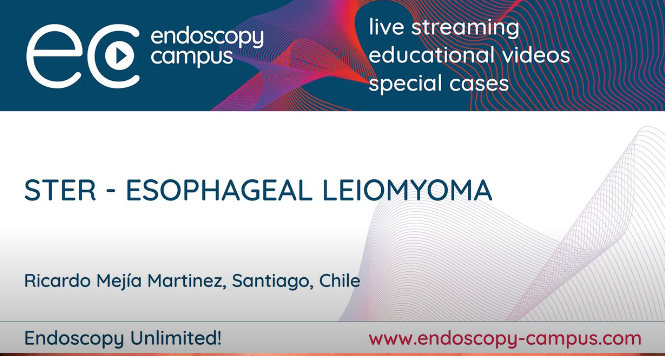Reflux Monitoring Can Reduce the Inappropriate Use of Proton Pump Inhibitors in Patients With GERD
Prateek Sharma, MD, FASGE, reviewing Yadlapati R, et al. Gastroenterology 2020 Sep 16.
Proton pump inhibitors (PPIs) are the main treatment for gastroesophageal reflux disease (GERD). However, 30% to 50% of patients with GERD fail to achieve adequate symptom relief despite PPI therapy. Prolonged wireless reflux monitoring (pH testing) has been utilized to quantify esophageal acid exposure and assess GERD symptom associations, but the clinical use of reflux monitoring to guide management is unclear. This prospective clinical trial evaluated the clinical use of prolonged wireless reflux monitoring to predict the feasibility of discontinuing PPI therapy among patients with GERD and inadequate PPI response.
A total of 100 patients (mean age, 48.6 years; 41 men; mean body mass index, 27.1 kg/m2) with GERD underwent ambulatory reflux monitoring for an average of 3.4 days after stopping PPI therapy. The primary outcome was PPI discontinuation, which was noted in 34 (34%) participants, whereas 66 (66%) participants resumed PPI therapy. During pH monitoring, the total acid exposure time (AET) was significantly higher in patients who resumed PPI therapy compared to those who discontinued PPIs (6.6%, with a standard deviation [SD] of 3.6, vs 4.3%, with an SD of 3.6; P<.01). The strongest predictor of PPI discontinuation was the number of days with AET >4.0%. The odds of discontinuing PPIs in participants with zero days of AET >4.0% was 10 times greater than that for participants with 4 days of AET >4.0% (odds ratio [OR], 10.0; 95% confidence interval [CI], 2.70, 43.32; P<.01). Compared to patients who discontinued PPI therapy, patients who resumed PPI therapy had significantly higher mean baseline scores using the Reflux Symptom Questionnaire-electronic Diary (17.8 [SD, 11.7] vs 12.0 [SD, 9.6]; P=.02) and GerdQ (9.3 [SD, 4.6] vs 7.2 [SD, 3.0]; P=.01).

COMMENTThis study highlights the strong association between prolonged pH monitoring results and the ability to successfully discontinue PPI therapy in patients with GERD and inadequate PPI response. PPI therapy can be discontinued in up to one-third of patients with GERD who are having an unfavorable response to PPI therapy, based on prolonged pH testing results, ie, those patients without any days of acid exposure time >4.0%.
Note to readers: At the time we reviewed this paper, its publisher noted that it was not in final form and that subsequent changes might be made.
CITATION(S)
Yadlapati R, Masihi M, Gyawali CP, et al. Ambulatory reflux monitoring guides proton pump inhibitor discontinuation in patients with gastroesophageal reflux symptoms: a clinical trial. Gastroenterology 2020 Sep 16. (Epub ahead of print) (https://doi.org/10.1053/j.gastro.2020.09.013)


